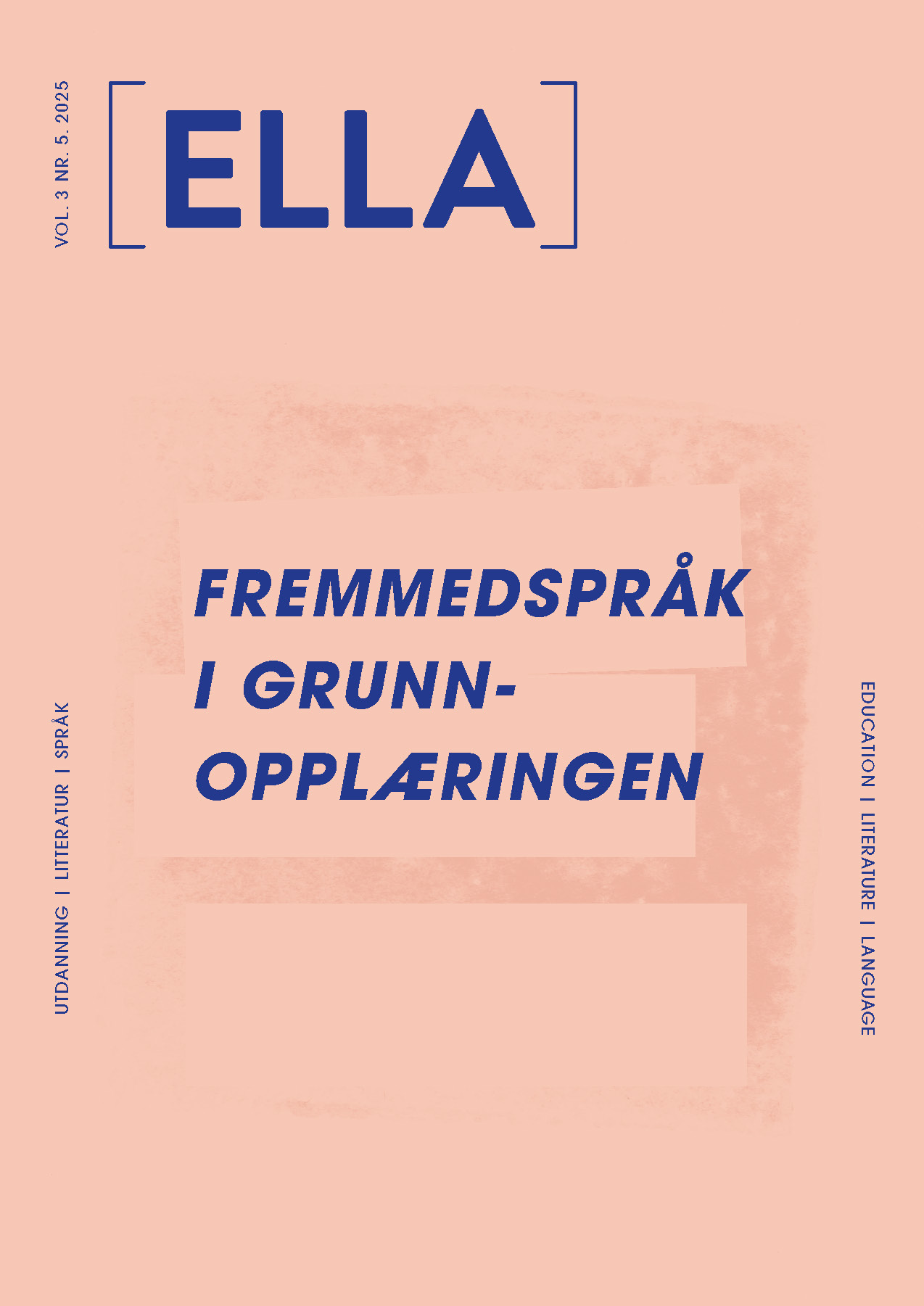Portugisisk – behov, nasjonal kompetanse, skolen og ei lærebok
DOI:
https://doi.org/10.58215/ella.52Keywords:
textbook, foreign language teaching, PortugueseAbstract
The Portuguese language is one of the most important languages of the world today. It is not only spoken in Portugal, but in Angola, Brazil and other countries on five continents. Consequently, competence in Portuguese is important for Norway, especially for economic reasons, and Portuguese would be a natural option as a foreign language in Norwegian schools. However, its implementation has proven to be difficult. One important obstacle was removed when a group with background from the Portuguese section of the University of Oslo joined forces to prepare the textbook Viva! in 2017.
Viva! is based on Læreplan i fremmedspråk – nivå 1 for den videregående skolen (Foreign Language Curriculum – level 1 for the upper secondary school), however it was designed to be used also in lower secondary schools. The book is an introduction to basic Portuguese, but differs from other Norwegian foreign language textbooks in taking the three main variants of Portuguese into special consideration – the ones of Brazil, Africa (represented by Mozambique) and Portugal. In practice, this was obtained by basing the main part of the texts on common words, syntax etc. as much as possible, while setting off all words or constructions that vary. On the publisher's corresponding Internet site, the exercises are read by voices from Brazil, Mozambique, and Portugal.
The Norwegian Directorate for Education and Training has approved teaching of Portuguese in the upper secondary schools. In practice, however, Portuguese courses have been adopted by very few schools, mainly due to circumstances related to the University of Oslo, in particular to the Department of Teacher Education and School Research, as Portuguese is not recognised as a relevant competence for authorisation as a secondary education teacher with a master's degree. Incidentally, contrary to the intentions expressed in the Government's report to the Storting (Parliament) of 2016 (Stortingsmelding 25, 2016–2017, Humaniora i Norge).
Downloads
Published
Issue
Section
License
Copyright (c) 2025 Diana Santos, Jan Engh

This work is licensed under a Creative Commons Attribution 4.0 International License.

